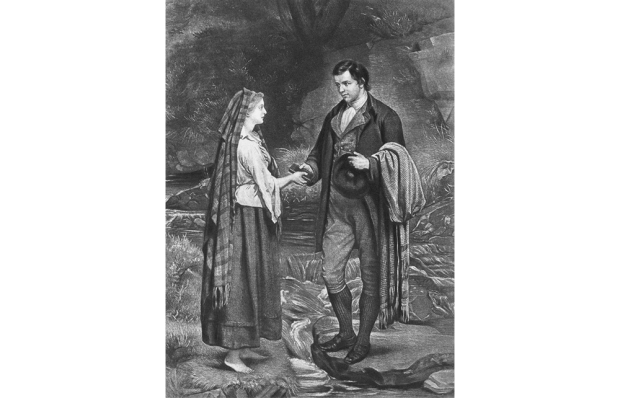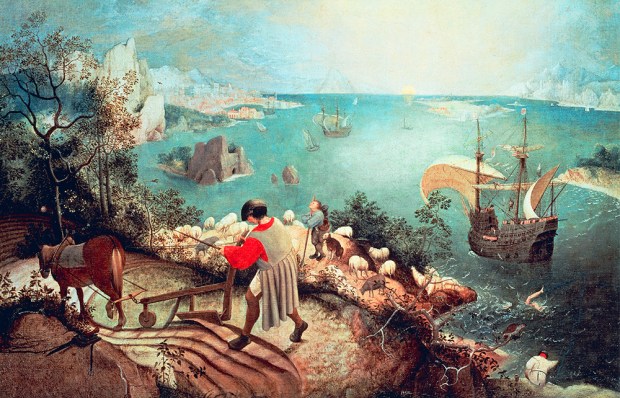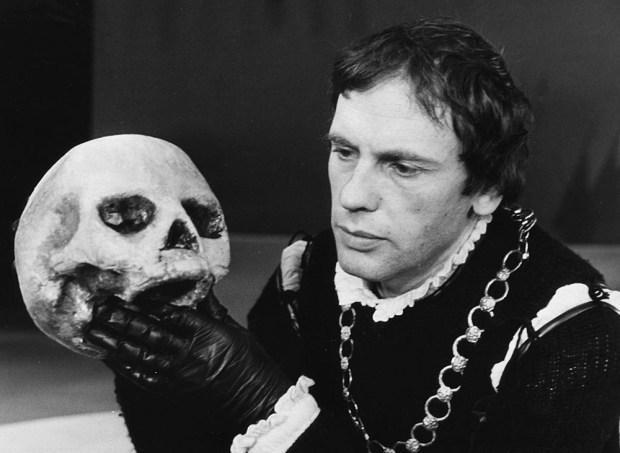In Competition No. 3284, you were invited to supply a topical short story that begins with the last line of a well-known novel and ends with the first.
Much has been written about the rise of AI bot ChatGPT (from zero users to several million its first two weeks!), and reader Alistair Kelman fed it the last and first lines of Nineteen Eighty-Four to see how it would fare with this challenge. There’s no room to share the result, alas, but I can say that while it won’t be winning any prizes for now, the bot’s performance was a marked improvement on that of a predecessor, GPT-2, set the same task a few years ago. So watch this space.
Brian Murdoch described this as ‘an interestingly difficult assignment’ which was evidently a good thing judging by the mammoth entry. The best five earn £30, and commiserations go to worthy runners-up Gopali Mulji, Susan McReynolds, Chris Ramsey, David Taylor, Sue Pickard, J.C.H. Mounsey, Verity Kalcev and Bill Thomas.
The scar had not pained Harry for 19 years. All was well.
Or almost all. The North Pole frostnip episode now merely an amusing anecdote, Harry could focus on the slow healing of other wounds. Such as the rift between himself and his family. While jogging during a late-night break in the California rain, his thoughts turned to his recent memoir, which he hoped would finally succeed where frank interviews and even a Netflix documentary had failed. His gaze settled on a random star in the briefly cloud-free sky, and on an impulse he took the opportunity to wish once more that his father and brother would now come to comprehend him. To really get him.
The two men appeared out of nowhere, a few yards apart in the narrow, moonlit lane.
Julie Steiner/Harry Potter and the Deathly Hallows
John Thomas says good-night to Lady Jane, a little droopingly, but with a hopeful heart. God, he’s tired! Still, she’s put him right. Glancing round, he checks no one’s seen him leave her salon, Lady Jane New-U. To outsiders she’s a beautician, to insiders she’s a deep-clean fixer — restoring shattered reputations, patching shaky ethics. Not cheap, but safe, even down to aliases in the appointments diary and strictly cash. No trail.
John Thomas! How boring is that! Could be anyone.
She’s convinced him a £5 million tax ‘adjustment’ isn’t the end of the world: a gentle massage and aaah! Squeaky-clean, or as good as. And she’s a laugh, which he needs at the moment. Laughter is the best medicine, an idea he might pass on to the Health Secretary as a money-saver. Ours is essentially a tragic age, so we refuse to take it tragically.
D.A. Prince/Lady Chatterley’s Lover
What on earth is less reprehensible than the lives of the Levovs? They have moved from London to Prospect Place, Brooklyn, where they are surrounded by like-minded, youngish people. They drink kale smoothies, jog to work, have no car, spurn air travel, respect gender-fluidity, lie awake worrying about climate change, and read the New York Times.
Their virtuous but strangely humourless neighbours, the Thurbers, come to dinner. Joe cooks a planet-friendly ‘pastoral root-crop stew’. (‘Pastoral’ has supplanted the dated ‘rustic’ in today’s recipes.) Next morning, straining to hold the fallen angel pose in her advanced yoga class, Alice provides resounding evidence of extreme flatulence. It is a prolonged and, alas, unforgettable performance. Humiliated and furious (for she fancies the yoga teacher), she texts her husband, Joe.
‘What were those chunks in the crap you served last night?
‘Why?’
‘Never mind.’
Joe is hurt. And slightly cross. But he is meek.
‘The swede.’
Hugh King/American Pastoral
There was a point to this story, but it has temporarily escaped the chronicler’s mind. However, let’s picture this ancient tree beside a sizeable pond. On the furthest branch sits a cheeky red squirrel. Twitching his ginger tail, he scampers down the tree to his acorn store, adding some mushrooms for a rainy day.
Is he happy? No. His thoughts dwell on the dark forces across the pond. He gathers the other animals around him, and reveals all: his suffering, his frozen assets… the story reaches every corner of the planet.
‘I’m a star!’ he cries. His body, inflated by this global escalation, is lifted on the breeze like a hot-air balloon and disappears from view, carried into the outer regions of space. Once departed, the animals forget all about him.
Far out in the uncharted backwaters of the Western Spinal arm of the Galaxy lies a small unregarded yellow sun.
Sylvia Fairley/So Long, and Thanks for All the Fish
It is a far, far better thing that I do, than I have ever done; it is a far, far better rest I go to than I have ever known. For the prodigal son will beg his father’s forgiveness, though my brother will understandably be resentful. I shall sleep the sleep of one who has returned home wiser. I threw aside my family’s good name and my high position and squandered my inheritance, selling my soul to the highest bidder. Now I see that true happiness comes with some pain and what I had in my father’s house was something greater than wealth. I look back on my life as a young prince where I enjoyed acclaim, and at my exile where I was condemned in a strange land; one was heaven, the other hell. It was the best of times, it was the worst of times.
Frank McDonald/A Tale of Two Cities
No. 3287: subject matters
You are invited to supply a review of a film, novel, poem or play in the style of a writer (please specify both) for whom the theme might be deemed an appropriate choice (e.g., Hemingway on Ferdinand the Bull or Richard Adams on The Tale of the Flopsy Bunnies). Email entries of up to 150 words to lucy@spectator.co.uk by midday on 15 February.
Got something to add? Join the discussion and comment below.
Get 10 issues for just $10
Subscribe to The Spectator Australia today for the next 10 magazine issues, plus full online access, for just $10.
You might disagree with half of it, but you’ll enjoy reading all of it. Try your first month for free, then just $2 a week for the remainder of your first year.














Comments
Don't miss out
Join the conversation with other Spectator Australia readers. Subscribe to leave a comment.
SUBSCRIBEAlready a subscriber? Log in